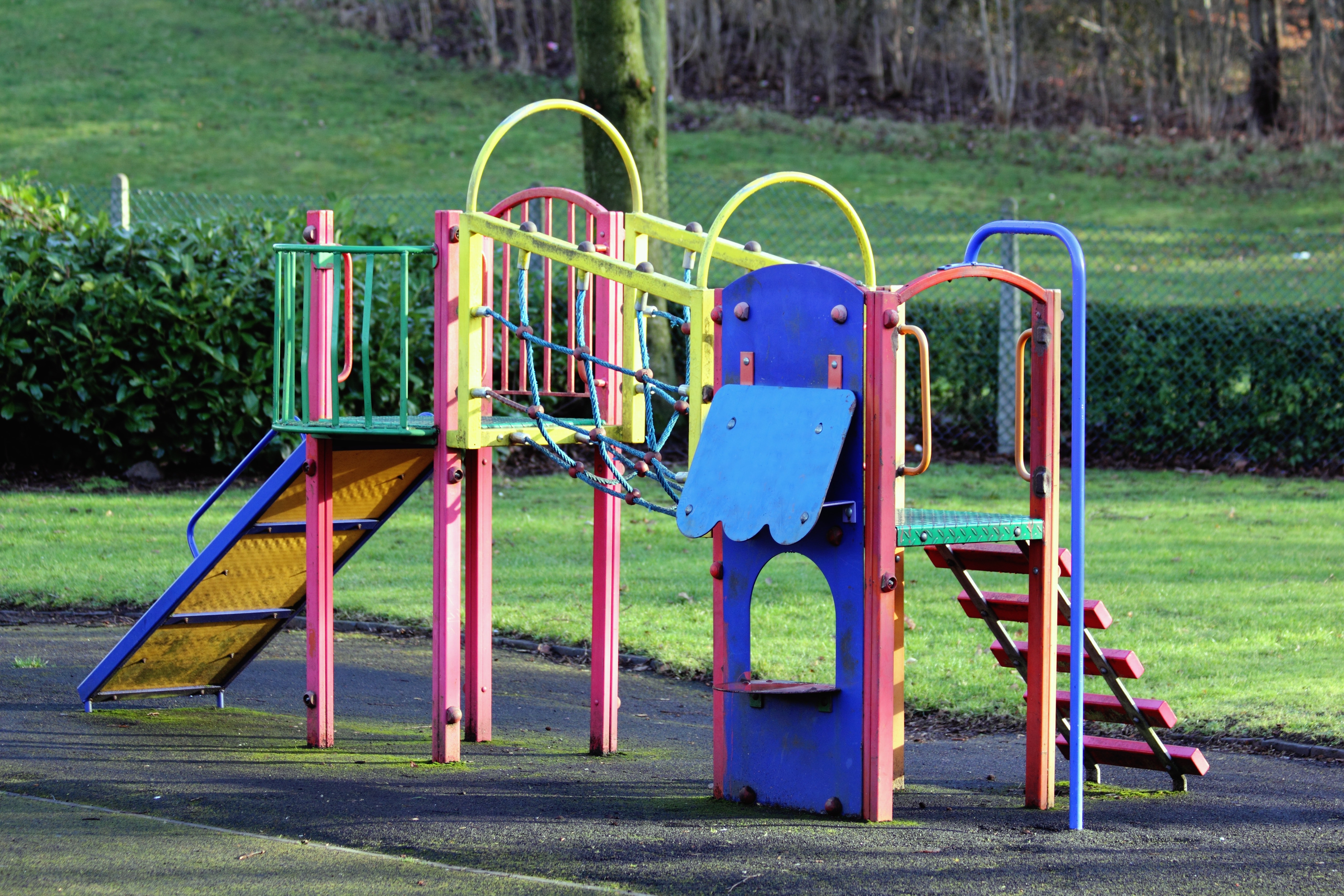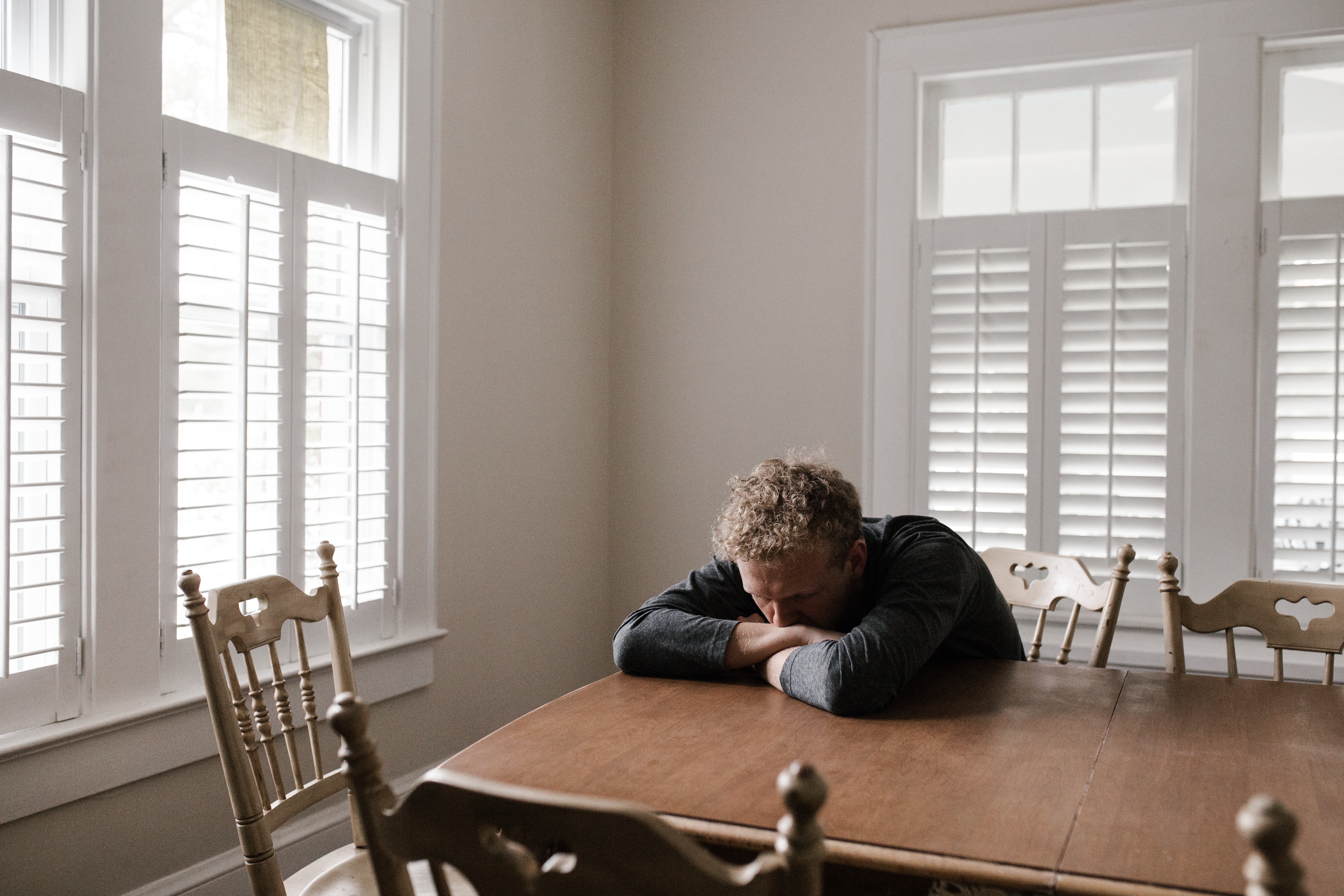You have probably come across properties in homeowners associations when searching for a home to buy. One of these neighborhoods may even include a home that has captured your heart, and you have put it on your list of potential residences to buy. If you haven't looked into HOAs, you may not be familiar with them and may be wondering what a homeowners association is and what their benefits and drawbacks are.
What is an HOA, and what does it do?
A planned community, such as a subdivision of single-family homes, condominiums, or townhouses, is governed by an HOA.
Anyone who has ever lived in a rental home should think of an HOA as being similar to a landlord or property manager: a company that takes care of specific aspects to preserve the neighborhood and ambiance in exchange for a fee—and your adherence to specific rules.
Pros
Reduced Responsibility
One of the best things about living in a homeowners association is that they take care of keeping everything tidy and organized for you. An HOA maintains common spaces by taking care of things like electrical problems, fixing structures, trash, painting, cleaning the exteriors, removing snow, and maintaining the lawn and landscaping.

HOAs provide amenities
The majority of HOAs provide facilities that locals can use, like swimming pools, playgrounds, fitness centers, and even security gates. These are things that are already covered by the monthly HOA dues, so you don't have to pay extra for them.

Sense of community
You can foster a sense of community in an HOA. You can interact socially and make friends with others in your neighborhood. HOAs frequently host activities like Halloween, Christmas, and senior parties, all of which you are welcome to attend. Additionally, you can participate in committees or on your board as a volunteer to make new residents feel more at home in your organization.
Cons
Loss of Freedom
You must abide by the rules when you buy a house in an HOA neighborhood. Read the entire CC&R. Read over each rule. they are all. We cannot emphasize this enough.
The quantity of restrictions put in place by the neighborhood is one of the main sources of complaints regarding HOAs. The rules don't bother some folks at all. Others, however, find the number of restrictions placed on their ability to do as they like with their own property to be extremely upsetting. For instance, some HOAs provide residents with a limited palette of paint colors from which to choose.

Costly Membership Fees
All community members are normally expected to pay HOA dues or fees. The precise sum varies significantly from one HOA to the next.
They can cost as low as $100 per year or more than $1,000 per month. This additional cost, particularly if you also have to pay a mortgage and homeowner's insurance, can strain your monthly spending plan.

Risk of lien or foreclosure
On top of your mortgage, property tax, and homeowners' insurance, HOA dues are an expense. Even if you don't use all the amenities, you must pay these costs. The HOA may be able to foreclose on your house if you fall behind on your dues.
As you can see, there are advantages and disadvantages to taking into account before relocating into a homeowners association. For you to be able to take advantage of all the advantages the community has to offer, it is crucial to ensure that you are at ease with all of the laws and regulations that are enforced there.
Read all of your CC&R's governing documents. Once in a while, stop and talk to your neighbors, and don't be afraid to become involved. In an HOA, you are not merely paying for amenities. You are agreeing to collaborate. And just that idea itself might be reassuring.







